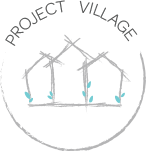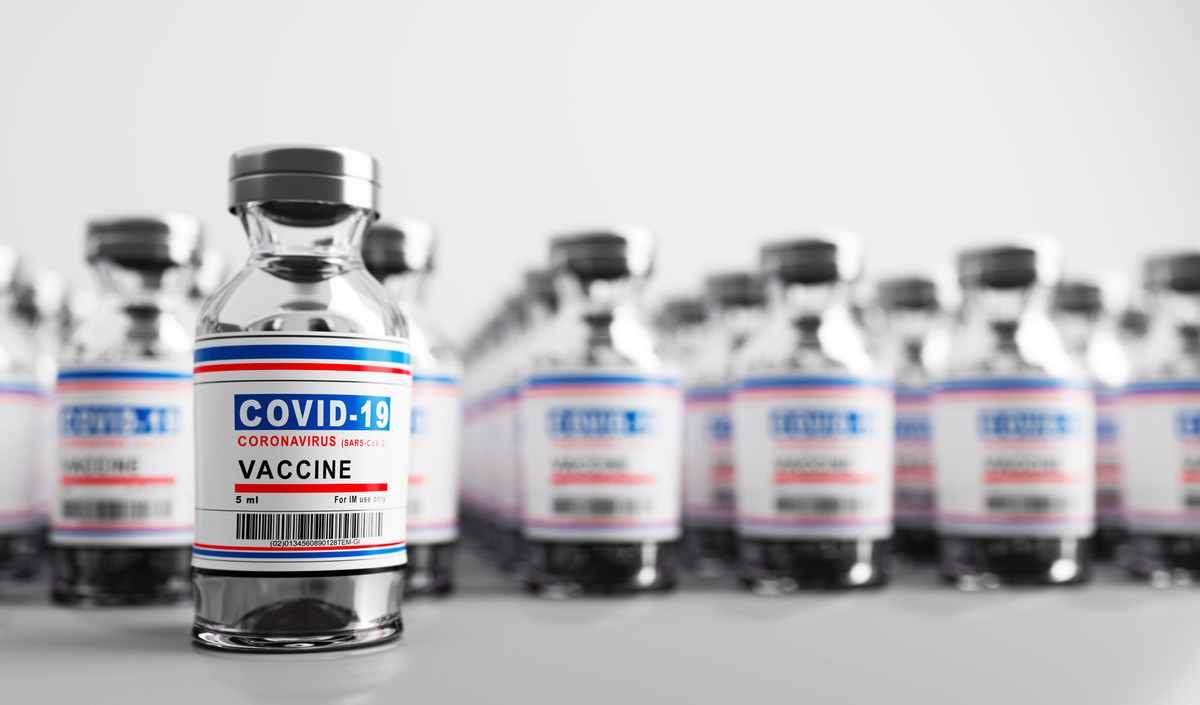Project Village recently had the opportunity to meet with a member of the Dear Pandemic team – Dr. Sarah Coles, Family Physician at Banner-University Medical Center Phoenix. If you’re not yet familiar with Dear Pandemic, it was born at the start of the U.S. quarantine in mid-March, 2020, and it is THE go-to place for all of our tough questions about staying safe through the COVID-19 pandemic. The team has named themselves the “Nerdy Girls “- an interdisciplinary, all-female, super smart group of professionals with expertise including medicine, mental health, epidemiology, and health policy. We sat down (via Zoom Room) with Dr. Sarah Coles to ask all of our questions about the COVID-19 vaccine. Here’s what she had to say:
Project Village: Hello Dr. Coles! It’s so great to meet you.
Dr. Sarah Coles: Great to meet you too; I’m happy to answer all your vaccine questions!
PV: So one of the biggest questions coming from our community right now is about the safety of the COVID-19 vaccine. How safe is it? And what dangers are you seeing with patients who have taken the vaccine?
SC: So far the vaccine appears to be VERY safe, with very few major complications or side effects. Many patients are having expected reactions: fever, a sore arm, headache, and feeling tired. These are actually good signs when people have these reactions, so there’s no need to worry or misinterpret that these symptoms may be due to a complication. The vaccine appears to be about 95% effective at preventing symptomatic illness, and we are looking forward to seeing if it prevents asymptomatic spread. We are still learning if it’s safe for kids–it likely will be, but this is being studied.
PV: One of the biggest questions on the mind of all parents: Do you have any updates on when the vaccine will be available to kids?
SC: Our best guess is that the vaccine will be available for kids towards the end of 2021. Vaccine trials are enrolling children right now, collecting that data, and the companies will most likely seek authorization in late fall/winter of 2021. The Pfizer vaccine has already gone through trials with teens 16-18 years old, and so that vaccine is already authorized for ages 16+.
PV: Once a person is vaccinated, can they still spread the virus to people who are unvaccinated?
SC: As of right now we don’t know, so we are treating it as if they can still spread the virus to other people who have not been vaccinated. Studies weren’t looking at this specific question and it’s too early to tell if vaccinated members of the community can be spreaders of the virus. Due to this, they would still need to avoid large crowds in order to avoid asymptomatic spread, particularly because community rates are very high right now and we need to be extra diligent.
PV: How long does the vaccine last?
SC: We don’t know, so this still needs to be answered. It will probably last longer than natural immunity, but patients may need booster shots or revaccinations.
PV: What about people who have bad reactions to other medications, such as due to asthma or epilepsy?
SC: We have not seen reason to be concerned about the vaccine. The biggest worry we’ve heard from patients is the possibility of a severe allergic reaction. It is unlikely to be a complication with this vaccine, even if people have had reactions to other medications. We keep patients after getting the vaccine to watch them for 30 minutes, as any complications or reactions would occur within that window.
PV: Is there any difference between the first and second dose of the vaccine, such as ingredients or amount? Or is the same given each time?
SC: There is no difference between each dose. You get the same dose for both the first and second vaccine. Of course, we want everyone to get the same vaccine twice and avoid mixing and matching. If on the off chance someone does get a different vaccine for dose 1 and dose 2, they do not have to start the vaccine series over and there aren’t expected to be any safety problems.
PV: Once most adults are vaccinated, will kids still need to be masking up and social distancing (at school or gatherings)?
SC: Yes. Until we can get everybody vaccinated, they can both get and give the virus to others. Safety measures will still need to be followed: Avoiding gatherings, social distancing, wearing masks, and washing hands.
PV: What are you seeing in your practice with kids getting COVID-19?
SC: Here in the U.S., we are seeing quite a few kids testing positive for COVID-19. Kids are tending to have much milder (cold-like) symptoms, but hospitalization rates are going up and kids can also experience symptoms for a prolonged period of time (such as a cough and feeling tired).
PV: There have been mixed messages in the news over the past year about whether or not kids can spread the virus to other kids or to adults. What’s the latest research on this?
SC: The data is conflicting, but it looks like kids can spread to adults, but this is less likely than adults spreading to other adults. Adults are the best at spreading the virus! Kids still need to follow the same safety precautions – social distancing, washing hands, and wearing a mask.
PV: Thank you so much for sharing your time and expertise with us! Last question: where can readers find more information about COVID-19 and the vaccine?
SC: Thanks so much Lauren! Readers can visit this website where we’ve housed several informational videos about COVID-19 in order to get more information, as well as this website for answers to more FAQ’s about the COVID-19 vaccine.

